Canada alone? What other world leaders have said publicly about Trump’s ’51st state’ threats
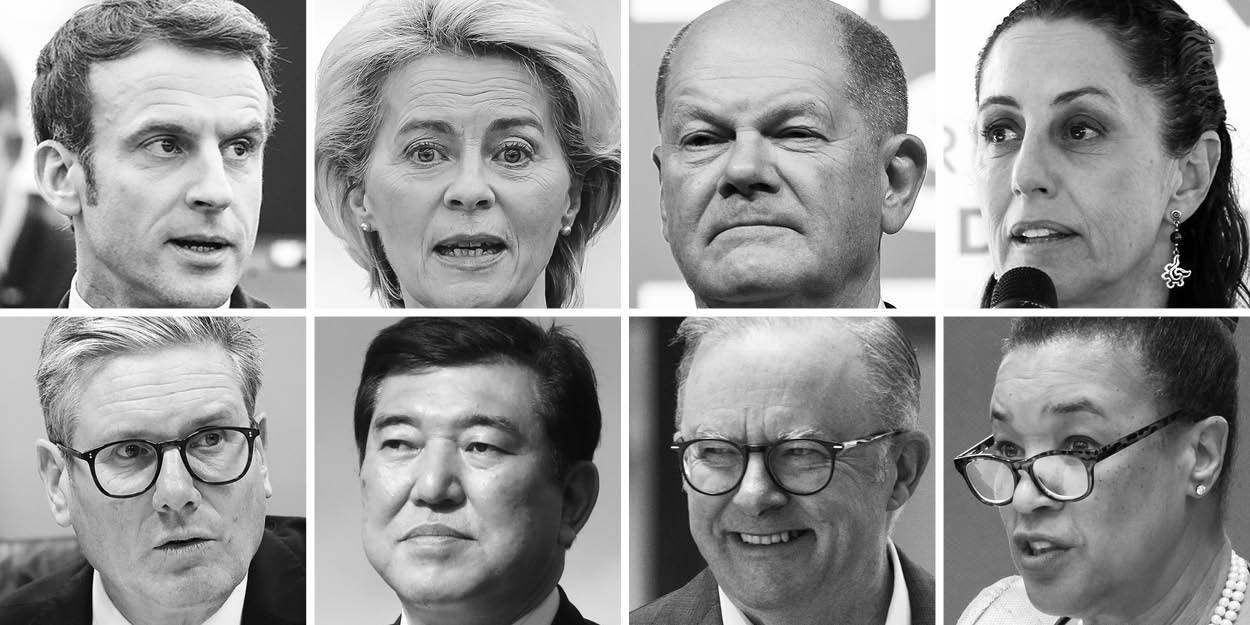
Prime Minister Justin Trudeau has dodged questions about the lack of public support from international allies as U.S. President Donald Trump continues to threaten Canadian sovereignty with his “51st state” rhetoric.
“You spent the last few days speaking with allies here in Europe, but we haven’t heard those allies specifically make public statements defending Canada’s sovereignty. Where are these allies? Why aren’t they standing up for Canada,” a reporter asked Trudeau (Papineau, Que.) on Feb. 12 in Brussels, Belgium.
“I think allies understand, having seen it on TV, seeing many, many people talking about how patriotic Canadians have become, how strong and forceful Canadians are at waving the flag these past days. People have been noting and actually impressed by how Canadians have all come together in a very, very strong way,” responded Trudeau.
“Canadians don’t need anyone else telling us that we have a great country because we know that, and other countries are also taking note.”
Trudeau offered his response after he wrapped up his five-day Europe trip made in an effort to shore up “transatlantic co-operation and advance global progress on artificial intelligence.”
During Trudeau’s visit to Europe, Trump reiterated his desire for Canada to become the “51st state,” and signed executive orders authorizing 25-per-cent tariffs on all aluminum and steel imports into the U.S. These tariffs are expected to come into place on March 12, and would stack on top of the previously announced 25-per-cent tariffs on all Canadian goods destined for America set to take effect on March 4, according to multiple media outlets.
World leaders were quick to react to the news of steel and aluminum tariffs, but had little to say about Trump’s calls for Canada to become an American state.
Despite the lack of overt public support for Canada, Michael Manulak, an international affairs professor at Carleton University, told The Hill Times that Canada “has a lot of friends on the world stage.”
“I think that there is support for Canada from other countries. We’ve seen a few [responses] to the initial deadline concerning tariffs at the beginning of this month. There were a few kind of tepid statements from other actors,” said Manulak.
But, Manulak said, given the U.S. president’s capriciousness, Canada’s allies are waiting to gauge the seriousness of Trump’s threat to this country’ sovereignty before weighing in.
“I think that they were unsure about how seriously to take the 51st state rhetoric, and whether it was genuine or whether it was just bluster,” added Manulak. “And so I think that much of the world, too, is probably still similarly in a bit of a holding pattern to try to figure out how best to respond to this mercurial and unpredictable U.S. president.”
Manulak said he believes the Canadian government is working “behind the scenes, talking to other countries” to bolster international support for Canada.
While European leaders may have been mum on the issue of Canada’s sovereignty, they were more vocal when it comes to Trump’s threat to buy Greenland—the autonomous Danish territory.
“Denmark is a member of the European Union. And I think that their assessment, probably at this stage, is that perhaps Trump’s kind of long-term interest in Greenland—I mean this is not the first time he’s discussed Greenland—is maybe slightly more serious at this stage than any talk about a 51st state,” said Manulak.
Trump had previously floated the idea of buying Greenland during his first term as president.
But Greenland and Canada aren’t the only ones facing threats of annexation. During his second term, Trump has also made reference to taking over the Panama Canal, and controlling Gaza.
So what does the international support—or lack thereof—for Canada look like? Here is a sample:
France

Trudeau was in Paris, France, earlier in the week where he spoke at the AI Action Summit and attended a private dinner hosted by French President Emmanuel Macron. But the Canadian PM left France without public backing from the French president over Trump’s threats to Canadian sovereignty.
However, Macron did address Trump’s steel and aluminum tariffs, saying that if commercial interests are attacked then Europe will make itself respected and react.
European Union
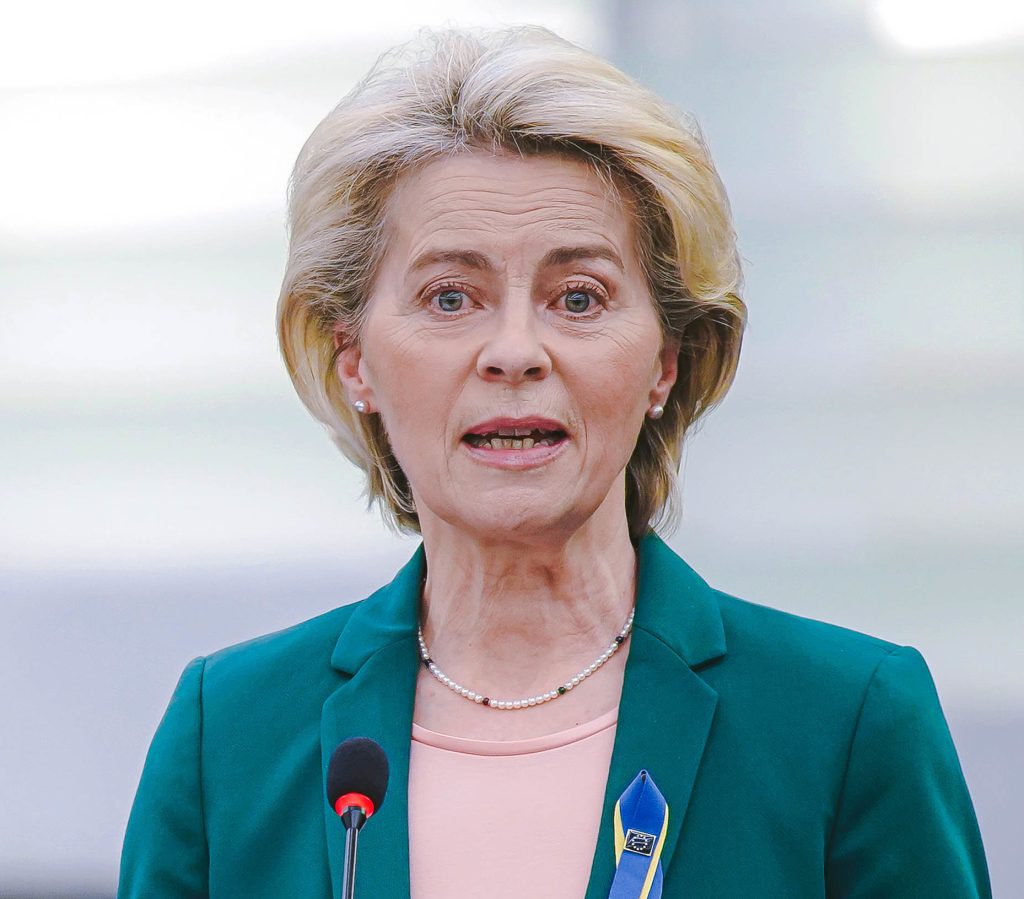
Trudeau’s time in Brussels proved to be a bit more fruitful, as European Commission President Ursula von der Leyen came out with a statement more supportive of Canada. While not explicitly addressing the 51st-state rhetoric, von der Leyen called Canada a “trusted” friend.
“The story between the European Union and Canada is a story of beneficial investment and trade; it is the story of good allies; and it is the story of trusted friends—and trust is very much needed in an unpredictable world,” said von der Leyen to reporters on Feb. 12.
Germany

German Chancellor Olaf Scholz said the European Union would act together if Trump were to leave them no other choice when it comes to tariffs.
The German leader has not spoken publicly about threats to Canadian sovereignty, but he did address Trump’s threat to annex Greenland.
“Borders must not be moved by force. This principle applies to every country, whether in the East or the West. In talks with our European partners, there is an uneasiness regarding recent statements from the U.S. It is clear: We must stand together,” Scholz posted on X on Jan. 8.
Mexico
Canada and Mexico have found themselves in tricky positions with their American neighbour. Both countries had managed to secure a 30-day reprieve from Trump’s first round of tariffs, but will also face the threat of stacked U.S. tariffs on steel and aluminum if an exemption deal is not reached.
While Canada and Mexico have a shared tariff battle, The Hill Times has reported that Canadians shouldn’t expect Mexican President Claudia Sheinbaum to come rushing to our rescue.
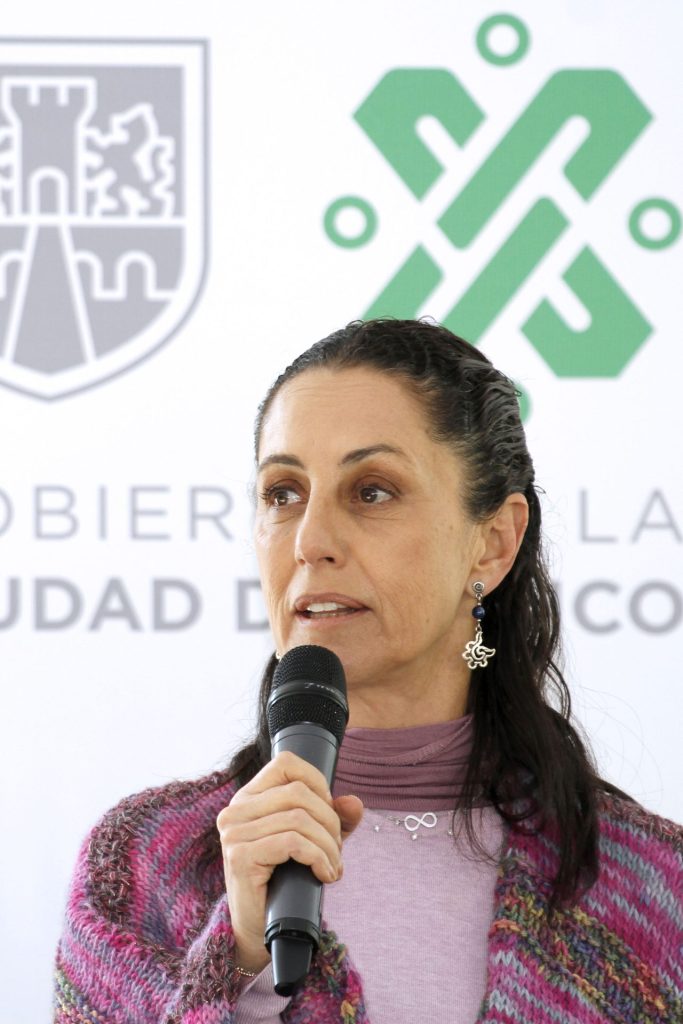
“What we did to Mexico was almost Trumpian in the way we threw them under the bus,” Carlo Dade, a member of the Mexican Council on Foreign Relations, told The Hill Times.
Dade was referencing comments from premiers and federal politicians on forgoing the trilateral deal to focus on a bilateral Canada-U.S. trade deal, as well as saying Mexico was a “backdoor” for cheap Chinese goods.
Mexico has been a fixation for Trump since his first presidential term, where he claimed Mexico was going to pay for the southern border wall he planned on building. During Trump’s second term, he called for the Gulf of Mexico to be renamed the ‘Gulf of America.’ While it’s still called the Gulf of Mexico globally, American tech companies have complied and renamed the gulf on platforms, like Google Maps, for their users within the U.S.
United Kingdom
Given Canada’s history and close ties with the United Kingdom, “the U.K. should be first in line to speak out on behalf of Canada,” Manulak said.
He added that King Charles III, Canada’s shared monarch with the U.K., should also step in to back Canada.
“The King should also find himself in some way engaging on Canada’s behalf,” said Manulak.
But as Canada’s head of state, King Charles serves a ceremonial role, and not a political one. It would also be considered inappropriate for the king to officially intervene, since the monarch is supposed to be politically neutral.
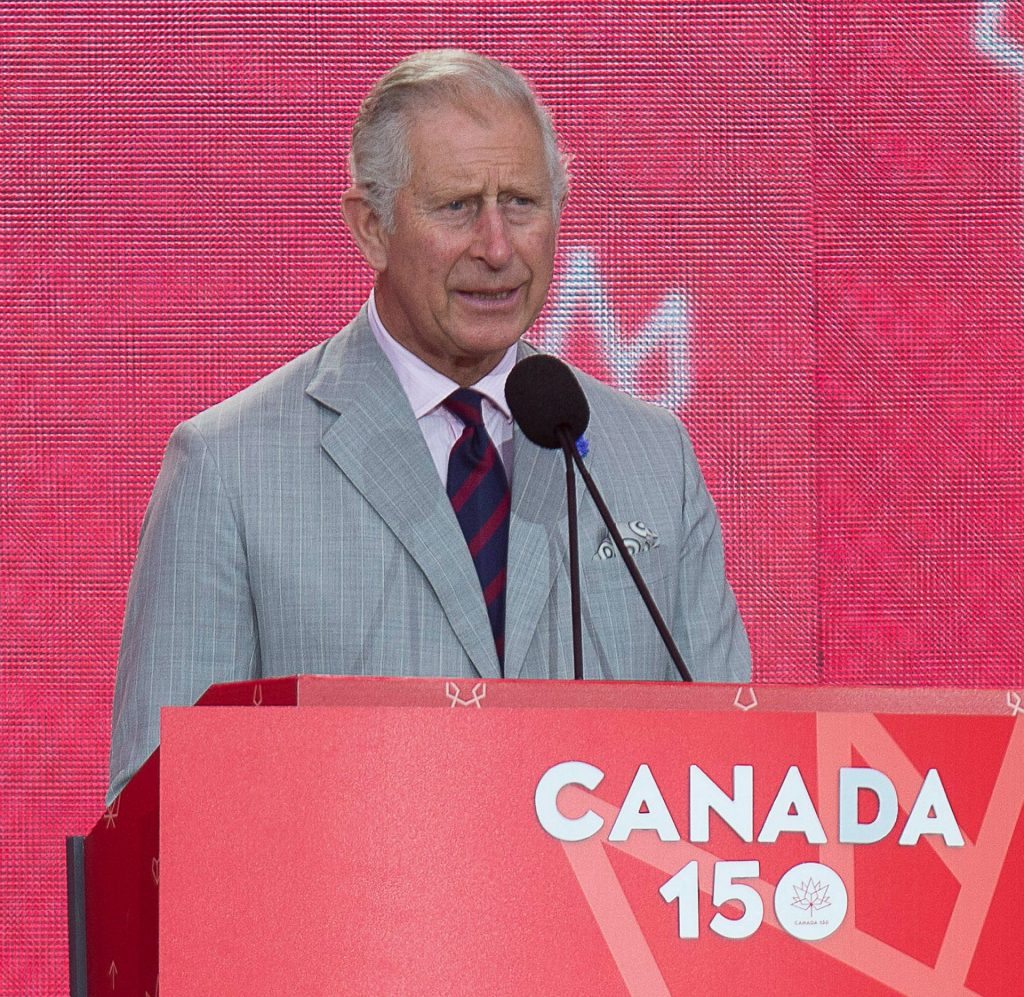
A spokesperson for Buckingham Palace told The Canadian Press that Trump’s annexation rhetoric is “not something we would comment on.”
As for U.K. Prime Minister Sir Keir Starmer, he’s trying to walk the tightrope that is the U.S. and the EU.
“Both of these relations are important to us and we are not choosing between them,” said Starmer on Feb. 3.
But Starmer’s tightrope walk is not sitting well with some U.K. opposition leaders.

U.K. Liberal Democrat Leader Ed Davey is calling on Starmer to convene a summit of Commonwealth leaders to discuss Trump’s tariffs on Canada.
“We mustn’t let Donald Trump bully the U.K. or our close ally Canada, who we share a head of state with. Trump’s tariffs on our Commonwealth partner are a shocking way to treat a country that stood alongside both the U.S. and the U.K. during the Second World War,” said Davey in a statement.
“The British government can’t just sit back and hope Trump won’t hit us with tariffs directly. He’s proven time and again how unpredictable he is and our economy will be hurt by this trade war anyway, which will push up prices for families in the U.K.,” added Davey.
The Commonwealth
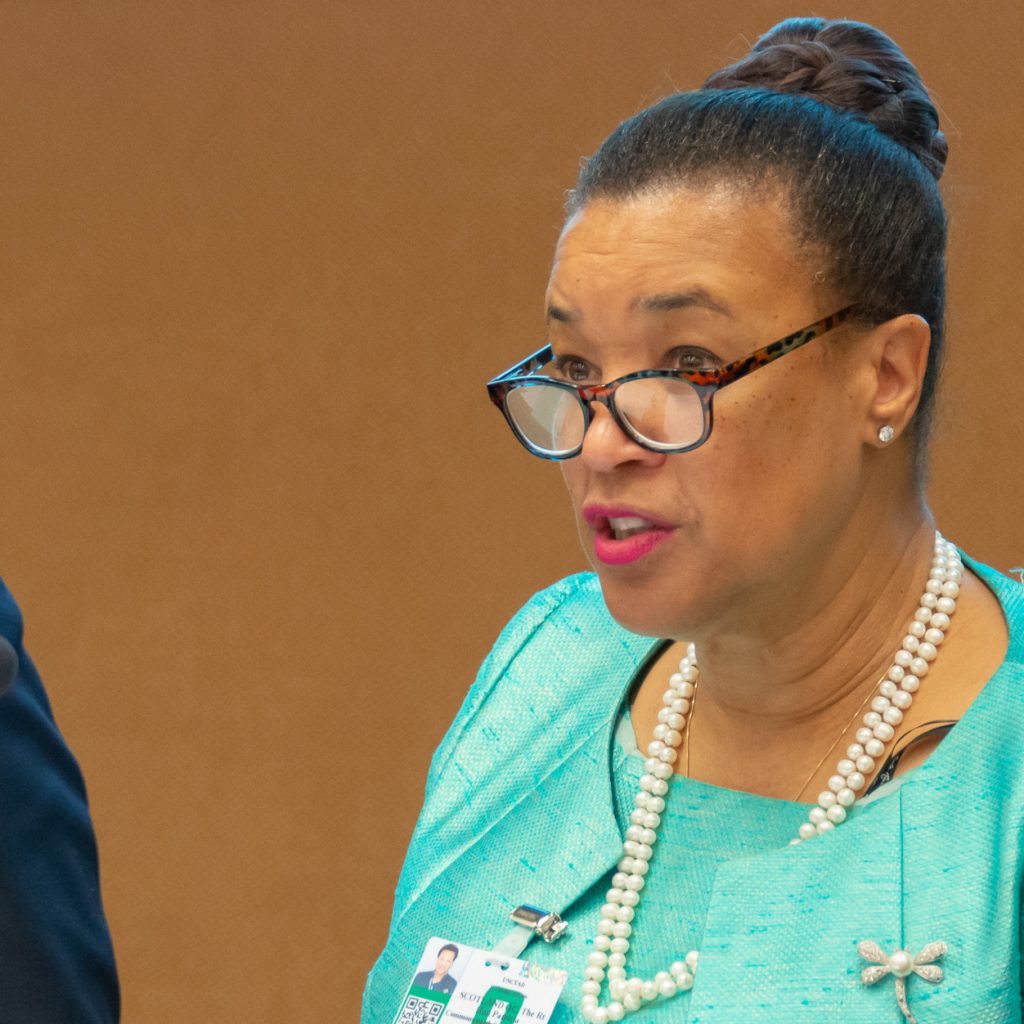
The U.K. and Canada are also part of the Commonwealth of Nations, a voluntary association of 56 independent countries with ties to the former British Empire. King Charles III is also the symbolic head of the association.
Patricia Scotland, the Commonwealth Secretary-General, was asked by Australian media what the association could do in light of Trump’s threats on a member state.
“Is this an area where you think the Commonwealth should step in and say, ‘Look, we’re going to look after one of our own here, Mr. Trump—leave Canada alone’?” asked a reporter.
“I think one of the best things that we can do is to make sure that the intra-Commonwealth trade and trade for Canada is great in the whole of the Commonwealth,” responded Scotland. “And you know, none of us can dictate exactly what happens in every other country. But what we can do is we, as a family of Commonwealth countries, can stick together, can help each other in times of trouble, and make sure that we support each other.”
Manulak said that Canada’s bilateral relations with other countries have not been “cultivated as carefully as we could,” and that turning to institutions like the Commonwealth and La Francophonie are opportunities for Canada to strengthen its international friendships.
“That allows us to develop a set of relationships with countries in Africa, the Caribbean, and in other parts of the world. But those institutions are grossly under-utilized,” said Manulak. “And so I think that if we are going to be more effective in building multilateral coalitions, then we need to be using those relationships a bit more intentionally.”
North Atlantic Treaty Organization
Canada is also part of NATO, a military alliance that include 32 member countries, including the U.S. and Denmark.
At a news conference with Starmer, NATO Secretary General Mark Rutte was asked about the impacts of a potential Canada-U.S. trade war on the unity of the military alliance.
“I’m absolutely convinced we can deal with these issues. And there are always issues between allies. It is never always tranquil and happy going. There are always issues, sometimes bigger, sometimes smaller. But I’m absolutely convinced that will not get in the way of our collective determination to keep our deterrence strong,” Rutte responded.
While Rutte did not address the threats to Canadian sovereignty, he said Trump’s rhetoric on Greenland highlighted the “geopolitical and strategic issue at stake” in the “High North,” and that NATO would tackle those challenges in the Arctic “collectively as an alliance.”
Australia
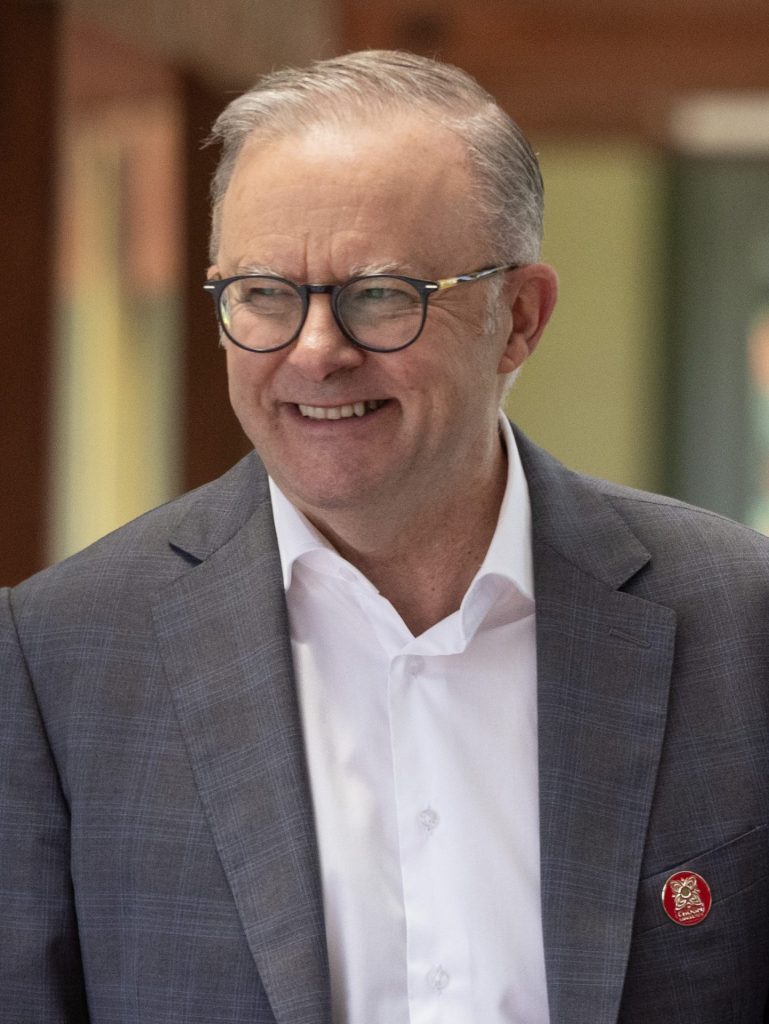
Even though Trump said his tariffs were “without exception or exemptions,” Australia is looking to score a pass to Trump’s incoming steel and aluminum levies.
However, Australian Prime Minister Anthony Albanese’s efforts might not be in vain, given Trump has said he’ll “give great consideration to” them, since the U.S. has a trade surplus with Australia.
Albanese was asked about Trump’s tariff threats to Canada, and said there was a “need to sit back, not comment on every statement that is made every day” when it comes to the U.S. president.
Australia’s Foreign Minister Penny Wong also dodged a direct question about having Canada’s back.
“Canada is a friend, should we be reaching out to Ottawa and other similar countries that might face this sort of pressure and say, ‘we’ve got your back, Canada, you know, we’re going to stand with you on this?’” asked a reporter.
“We have to navigate the world in which we live confidently and with our eyes open. And as I’ve said over and over again, President Trump has said he will do things differently and he is doing things differently. This isn’t a surprise, but we have confidence in our ability to navigate this,” Wong responded.
Japan
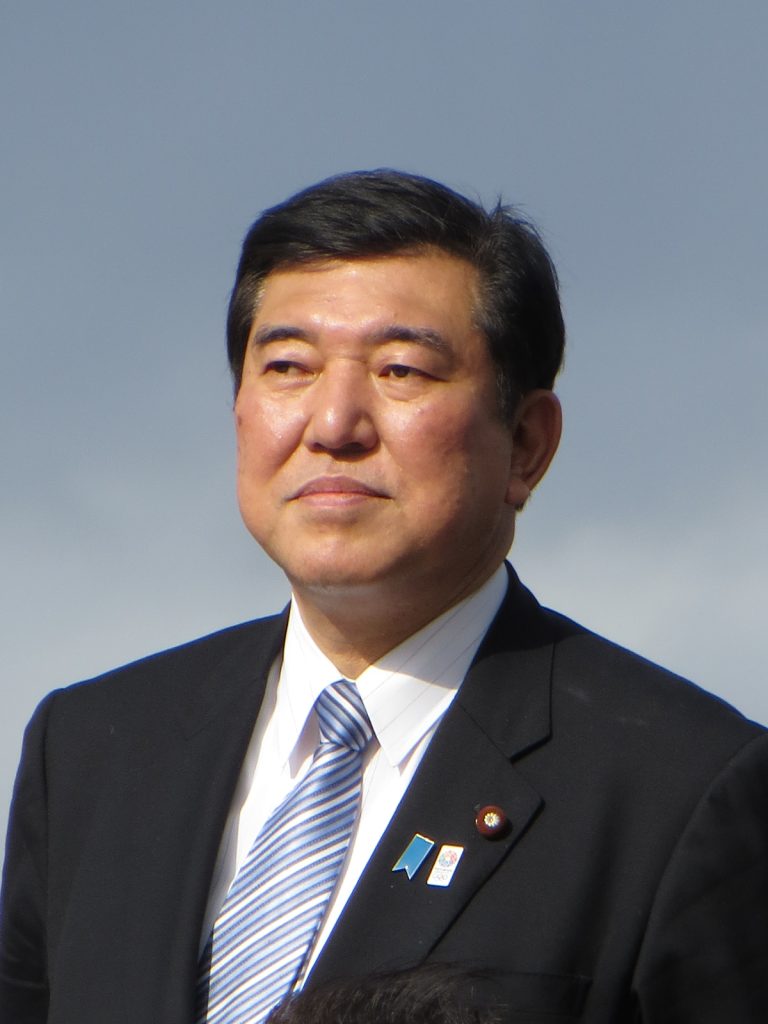
Japanese Prime Minister Shigeru Ishiba had a one-on-one meeting with Trump in the White House mere days before the tariff orders were signed.
In a joint statement from their meeting, both leaders “affirmed their determination to pursue a new golden age for U.S.-Japan relations.”
While the Trump-Ishiba meeting appeared positive, Japan didn’t manage to thwart Trump’s tariffs, as media reports that Tokyo is seeking to secure an exemption from the incoming U.S. steel and aluminum levies.
Given the global economic incertitude, the Canadian and Japanese chambers of commerce met in Ottawa on Feb. 6.
“In the midst of disruptions in the global economy and complex geopolitical realities, the partnership between Canada and Japan is integral for ensuring the economic security of both nations. Both countries should prioritize the bilateral economic relationship given its immense strategic and economic significance,” said the Japan-Canada Chambers Council Joint Statement.
The United States
While the U.S. president has caused headaches for Canada, Canadians still have some allies on Capitol Hill.
Dina Titus, a Democratic congresswoman for Nevada, posted on social media that “Trump is talking about Greenland and Canada like they are golf courses he wants to buy. This isn’t a serious foreign policy strategy; it’s whimsical imperialism. Instead of bullying our partners, let’s work with them to address the substantial challenges facing our world.”
George Latimer, a Democratic congressman for New York, gave a speech in the U.S. House of Representatives, saying “what man desires to punish our neighbours, to insult and intimidate our closest ally, Canada, when they have done nothing to warrant this action?”
Independent Senator Bernie Sanders, who has previously lauded the Canadian health-care system and more affordable diabetes medication, said he supports Canada becoming the 51st state—sort of.
“Trump has suggested that Canada become the 51st state in our union. Does that mean that we can adopt the Canadian health care system and guarantee health care to all, lower the cost of prescription drugs, and spend 50 per cent less per capita on health care? I’m all for it,” posted Sanders on X.
—With files from Neil Moss
sduch@hilltimes.com
The Hill Times





 LICENSING
LICENSING PODCAST
PODCAST ALERTS
ALERTS













